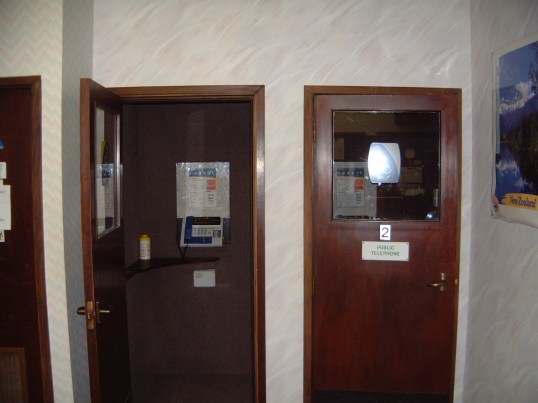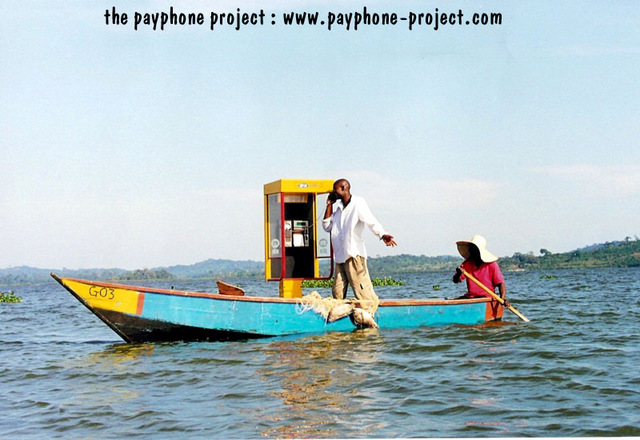Economics of NFL Draft
Forget the UN and judge nominations and other trivial matters. This weekend is the NFL draft. Via Marginal Revolution comes this cool article about the economics of the NFL Draft.
The article is pretty long, so let me summarize the couple of things I thought were pretty interesting. The first was the relative value of draft picks. They did a lot of work quantifying the performance of players selected at different positions in the draft (i.e first pick, second pick, etc). You'll have to see the detailed study as to their methodology, but it struck me as pretty reasonable. They also looked at the cost or salary by draft pick. Combining the two got this curve:

The "surplus" line is the difference of the curves, ie performance value minus compensation cost. Since compensation costs fall faster in the late first round (the first round is 30 picks) and into the second round than does performance, the surplus value peaks in the second round. This does not mean the best players can be found in picks 25-75, but it does mean that the best values can be found there. Since the NFL works under a salary cap that equalizes total compensation, the best team should be the one that consistently picks these value players (this is different than the baseball / NY Yankees model, where there is no cap, and maximum performance presumably comes from getting the top players, irregardless of salary).
If this is correct, teams should be willing to straight-up trade a pick in the top 15 for a pick around 35. However, in reality, they can usually trade a pick in the top 15 for two or more picks in the 25-75 ranges, which should make the trade a no-brainer. Interestingly, the market for picks is actually going the other way:

The researches studied hundreds of past draft day trades of picks to generate these curves. It basically says that early picks are valued exponentially higher than even late first round picks, and this preference for very early picks has actually increased in the past few years. This curve says that a #5 pick might be worth at least 3 and possibly many more picks in the 25-75 band.
Given these two curves, if they are correct, why don't more teams trade their top picks into the 25-75 band. There are at least 3 answers to this:
- Read Moneyball. Once you read it, you will understand that sports GM's do not understand these concepts of value.
- There may be other values, other than player performance, that teams get from top picks. For example, most fans will have heard of the top ten people drafted, but will know few from the 25-75 band. The top, well-known picks generate a disproportionate amount of fan excitement and "hope" which can translate into more paying butts in seats, which this study does not take into account
- Some teams are getting it. In listening to several mock drafts lately, it is clear many teams want to trade down from the top picks this year - no one wants to pay the signing bonuses commanded at these levels. By the way team that has traded for the most picks in this band is ... Philadelphia. Who has been in the NFC championship game 4 years in a row, so maybe someone out there does get it.



